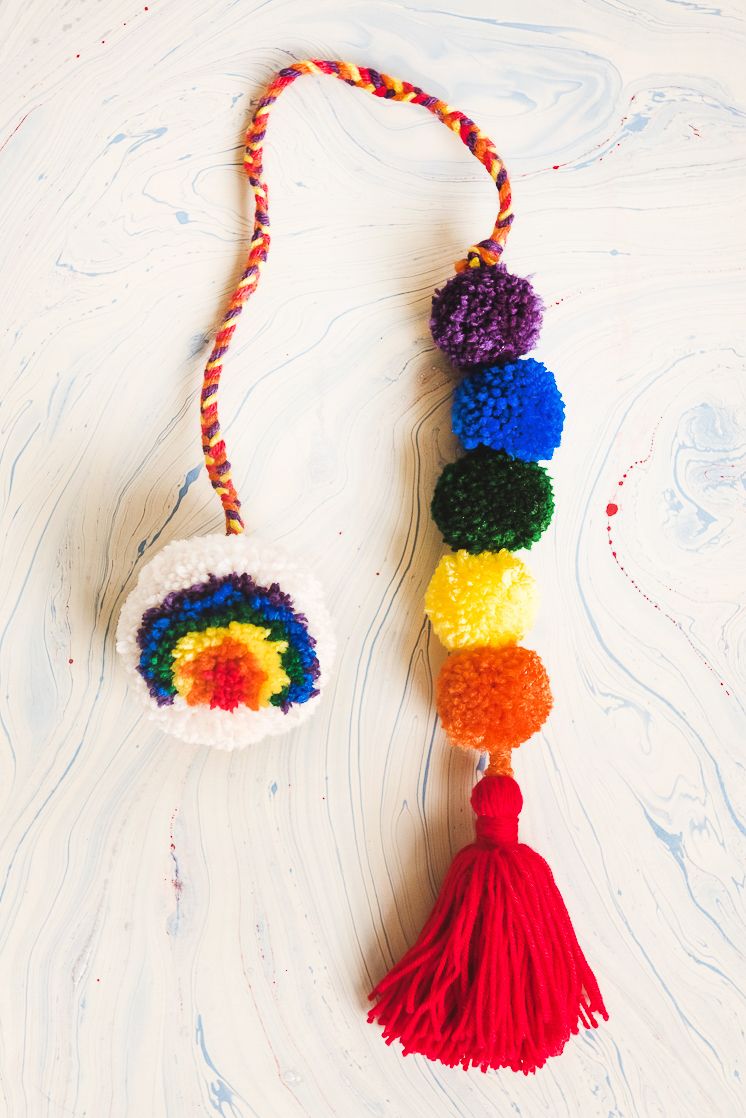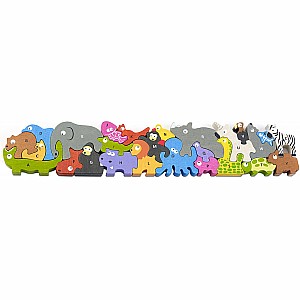
Puzzles can help improve hand-eye coordination. Besides improving hand-eye coordination, puzzles also develop problem-solving skills and spatial perception. Children learn new things from puzzles. Read on to learn more about puzzles for kids and what you can do to make them more fun and educational. We will be discussing three important benefits of puzzles in this article. These are just a handful of the many benefits puzzles have for kids.
Puzzles improve hand-eye coordination
Children who play with puzzles are developing their hand-eye coordination. This is because their hands and eyes must cooperate. These skills enable the brain to do actions, such as walking and writing. These skills are essential for their future skills such as problem solving and problem-solving. They also learn fine motor skills such pinching, gluing, and picking them up.
Children learn to break down larger tasks and set goals while playing with puzzles. They can sort pieces by shape and start at the edges. This step-by–step method teaches patience and the feeling of accomplishment when each piece is put together. This skill is crucial for success in school and life. The process of puzzle playing also helps children to develop important social skills, such as cooperation and communication.

They improve problem solving skills
While some puzzles can help develop problem-solving skills, others are just for fun. Whatever your child enjoys, puzzles can be beneficial for their overall development. In fact, some research suggests that puzzles can improve your child's critical thinking and build logical reasoning. Puzzles are not only fun but also teach your child how to work as a team and collaborate. These are the three main reasons puzzles are great for young children.
Children enjoy puzzles and learning about shapes, colors and patterns. Children are developing their cognitive skills and vocabulary by sorting and applying these knowledge. They will use this knowledge to interact with the environment and gain a better understanding of their surroundings. While they are at it, they will learn to work with others and share their strategies.
They improve spatial perception
Puzzles make children more spatially aware. It's not entirely clear how. Some studies have suggested that puzzles aid spatial thinking. Others have found no such link. However, they found that puzzle-playing children for longer periods of time is more likely to develop spatial reasoning skills. The benefits of spatial reasoning may also be related to attention. This is because children have trouble shifting their focus and staying focused.
The new study found that boys engage more in spatial play than girls. These activities include board games, puzzles, blocks and puzzles. But, it is still unclear how these play activities affect spatial reasoning. This finding may have implications not only for educators but also parents and the toy sector. But, they warn that further research is necessary before any conclusions are drawn. To find the most effective educational strategies, further research is required.

They allow children to learn new skills.
Puzzles are a fantastic way to teach children about new topics. Puzzles encourage problem solving skills, as children plan to place pieces together. They teach children to take quick decisions and to use their observational skills. Puzzles are great for learning new skills and will appeal to children who enjoy puzzles. Here are some positive benefits to puzzles for kids. Learn more about how puzzles help children learn new skills!
It is important that your child has good cognitive skills for reading, math, and other subjects. Puzzles help children learn new shapes and animals. These skills are important in all subject areas, so puzzles can be an excellent way to improve them. Children learn to recognize patterns through repetition, which helps them build confidence. Puzzles are a fun way to spend time with family. Simple games like racing through a maze, or solving a riddle, can encourage family bonding.
FAQ
What can I do to make money from my hobby or business?
You can make extra money by taking up hobbies.
If you are passionate enough about your hobby to decide to sell it,
For example, if you collect stamps, you may want to set up a website selling rare stamps.
You can make extra money without the hassle of buying and selling stamps.
Another option is to start a YouTube channel in which you discuss your hobby.
This allows you share your passion and generate revenue by creating premium content.
What are collection hobbies?
Books, movies music, comics and video games are some of the most popular collections.
Also, you can collect anything: stamps, coin to cars, dolls to action figure to model kit to figurines to art materials to tools to cook utensils and jewelry to watches to jewellery to appliances to clothes to furniture or antiques to...
I believe you get the idea.
What are some good hobby ideas?
Hobby Ideas for those who love to teach and learn.
Hobbies can be a great way to have fun and learn something new.
While there are many types of hobbies available, most share the same characteristics. These are fun, easy activities that cost little and don't take too much effort.
These include working with others to teach someone how to use an instrument or build an airplane.
Although you might not consider yourself a teacher, there are likely things you can do to help others learn.
You can make a difference in the lives of others by starting a hobby.
What are some great hobbies?
You can find the best hobbies that you love doing for yourself. You'll be more motivated to do what you love. You'll also have an excuse when you're not feeling well or tired!
There are many hobbies that we all enjoy: gardening, painting and crafts; photography; cooking; sports and games; reading music and film-making; collecting; cycling, walking, dancing and writing; playing instruments and other musical instruments.
You could also consider volunteering at a local charity shop, animal shelter, children's hospital, hospice, elderly care home, school, community center, church, etc.
You might be looking for something more adventurous. Take up skydiving or rock climbing, parasailing, parasailing and paragliding.
There are many unique ways to spend time in the outdoors, whether you're looking for adventure or a more traditional way to do it. These include caving, cliff diving, cave tubing, abseiling, sea kayaking, rafting, canoeing, climbing, trekking, bushwalking, mountaineering, backpacking, trail running, orienteering, off-road driving, quad biking, motorcycling, motorcycle riding, dirt bike riding, jet boating, hang gliding, hang gliding, parachuting, hang gliding, heli-skiing, ice skating, snowmobiling, snowshoeing, snowshoeing, cross country skiing, downhill skiing, telemark skiing, ski touring, sled dog racing, snowboarding, snowkiting, snowmobiling, spelunking, snowshoe hiking, snowshoeing and many more.
What are good hobbies for seniors?
Senior citizens should be able to enjoy activities that they are passionate about. Senior citizens should keep active through participation in physical and sports activities.
They may be interested in joining clubs to find people with similar interests. This way, they'll feel less lonely as they age.
Seniors need to keep up with current trends. For example, they could follow fashion, art, music, literature, politics, etc.
Statistics
- Studies show that just six minutes of reading can reduce stress levels by 60 percent. (oberlo.com)
- Almost 80% of people claim to have no hobby. (hobbylark.com)
- In comparison, men in the “no humor” condition were refused 84.6% of the time and were only accepted 15.4% of the time. (time.com)
- The Role of the Mind in Sex, Dating, and Love: Men in the “humor” condition received phone numbers from 42.9% of the female participants and were refused 57.1% of the time. (time.com)
- I am 100% biologically a woman (discover.hubpages.com)
External Links
How To
How to learn how to play a musical instrument
There are many options for learning how to play the piano. You could either go to a school, buy a book, take lessons from someone who plays an instrument, watch videos online, etc. If you are determined to learn on your own, these tips and tricks might be helpful.
-
Find something that interests and you. If you don’t enjoy any of the instruments that you see, you might consider trying another one. It is difficult to enjoy an instrument if it is not something you are interested in.
-
Be patient. It takes time to learn anything new. You don't have to learn everything in one go. Instead, you should continue practicing every day.
-
Make sure you practice regularly. You can do this even when it is hard. This will help you remember what you've learned.
-
Make sure you choose a safe place to practice. A quiet room where you won't disturb anyone else is ideal. Make sure there aren't distractions. For example, avoid having loud music playing nearby.
-
Have fun. Music is meant to be enjoyed. It is important to have fun when practicing. Enjoying yourself will motivate you to continue going at it.
-
Set goals. If you set goals, then you will know exactly how you want to get there. Therefore, you will have no excuse for failing.
-
Keep track of how you are doing. Note down your successes and mistakes. This will help you to improve your performance over time.
-
Take breaks. Sometimes you just need to take a break. It is a good idea to take breaks so you can think about everything.
-
Ask questions. Ask for help if you are unsure or have questions about certain aspects of the instrument. They may be able help you.
-
Listening is the best way to learn. Many musicians learn by listening to the songs they love and then imitate them. This allows them to understand the basic ideas behind the song.
-
Read books. Watching videos or taking classes will not teach you as much as reading books. Books can also provide information that is not available elsewhere.
-
Get involved in a band. Playing with other people will make you more practice. Plus, it will be easier to meet people with similar interests.
-
View tutorials. Tutorials are brief videos that cover a variety of topics in great detail. These tutorials usually concentrate on one particular aspect of an instrument. These tutorials will help you to understand the more difficult parts.
-
Different methods are possible. Some people prefer to learn via lectures while others prefer to read. Try different methods until you find the one that works for you.
-
Practice makes perfect. It is not possible to become an expert overnight. Instead, you must put in lots of effort before becoming skilled enough to perform well.
-
Learn from other musicians. Listening and learning from others can help you to learn faster.